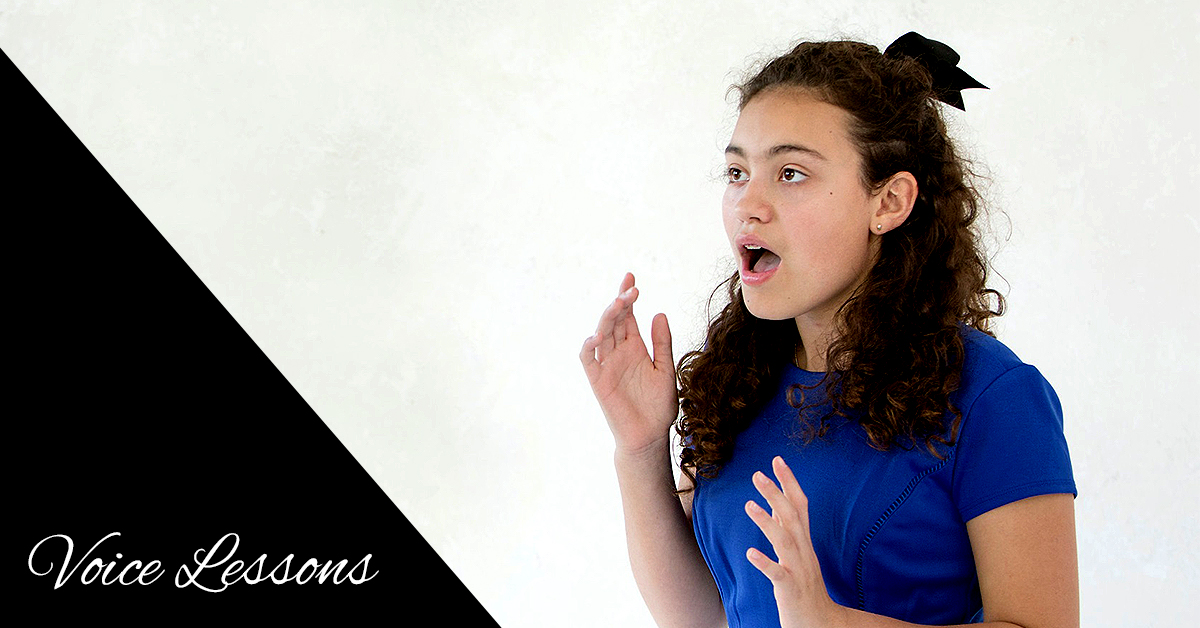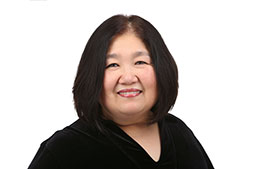Success at the piano requires not only a commitment from the student, but a huge commitment on the part of the parent. For preschool and elementary students, parents are required to sit in on lessons, take meticulous notes, and practice with their child at home. This system ensures that the child is practicing correctly, and helps the child become motivated in learning the instrument. Once the student becomes capable of independent practice, parents are encouraged to continue observing and taking notes at lessons.
Taking Notes
Detailed note-taking is imperative for the parent’s complete understanding of the content presented, and it enables the parent to replicate the principals conveyed at lessons. Taking detailed notes maximizes efficiency at the lesson. If the teacher takes notes, the student loses at least five minutes of valuable lesson time. Parents are expected to have a full-sized spiral notebook devoted to piano lessons. Typically, the notes from each lesson will fill a full page. In addition to the parent’s copious notes, the teacher may also address the parent with specific items to be written down. The weekly lesson is not intended solely for the child’s instruction, but also for the teacher to instruct the parent how to assist the child at home.
Practice at Home
The weekly piano lesson is the model for practice at home. Activities and methods presented at the lesson should be recreated during daily practice. The sense of teamwork is a great motivation because of the praise and encouragement that a parent can provide for the student.
Once a student is capable of independent practice, the parent is still expected to monitor practice on a regular basis.
Parent/Teacher Interaction
During the Lesson
It is very important that the parent does not correct the child during the lesson, or answer questions directed to the child. The parent is welcome to address the instructor with questions, but should refrain from interacting with the student or teacher in any manner that undermines the teacher’s authority or in any other way detracts from the lesson.
Outside the Lesson
Parents should feel free to communicate with the instructor between lessons regarding any issues that concern them. It is better to solve problems immediately rather than waiting for the next lesson.
Which Parent?
The parent who accompanies the child to the lesson needs to be the one involved daily with the student’s practice at home. The most important factor is not which parent has the most musical talent or experience, but rather, which parent is the most available to help with the student’s daily practice.










